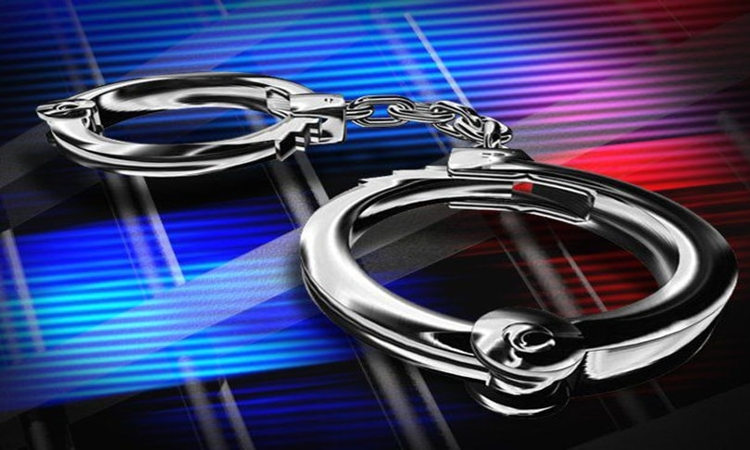- Home
- /
- Know the Law
- /
- Can A Judge Be Arrested? What Is...
Can A Judge Be Arrested? What Is The Procedure?
Ashok Kini
13 Feb 2019 11:20 AM IST
Can a judicial officer be arrested? This might be an interesting question, but the answer is well settled by the Supreme Court in Delhi Judicial Service Association Tis Hazari Court VS. State of Gujarat (1991), when it held that no person whatever his rank, or designation may be, is, above law and he must face the penal consequences of infraction of criminal law. The Apex court also...
Next Story



